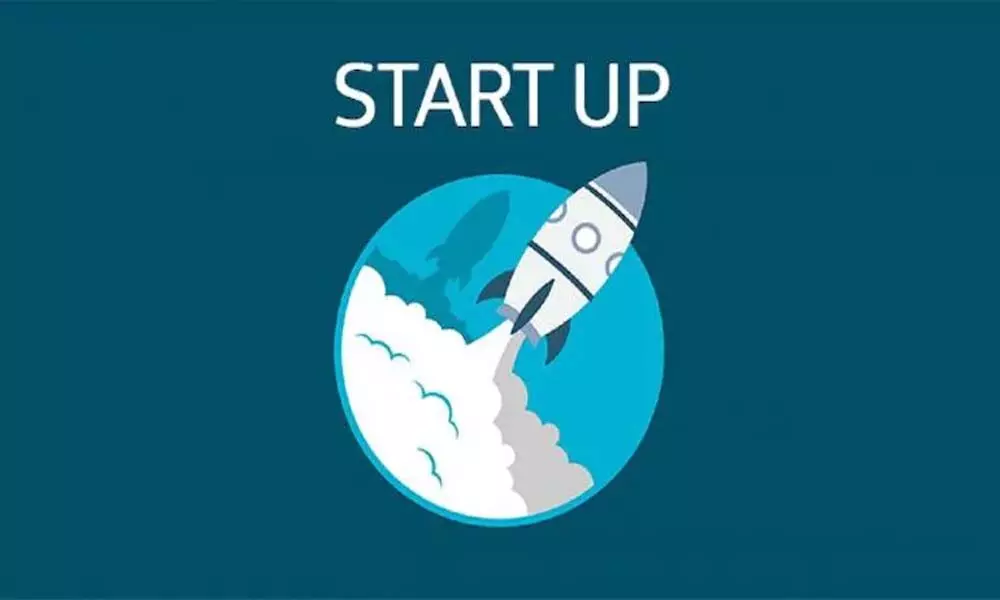Indian startup ecosystem at an inflection point
Indian startup ecosystem has come of age. With Indian market regulator Securities and Exchange Board of India (Sebi) giving green signal to Zomato’s big bang initial public offering (IPO), the dynamics of startup world is going to significantly change in coming months.
image for illustrative purpose

Indian startup ecosystem has come of age. With Indian market regulator Securities and Exchange Board of India (Sebi) giving green signal to Zomato's big bang initial public offering (IPO), the dynamics of startup world is going to significantly change in coming months. Zomato's much-awaited IPO is expected to open for subscription on July 19. The online food delivery company eyes raising around Rs 8,250 crore through this initial share sale. If the offer goes through, it will be one of the largest IPOs in recent years. In March 2020, SBI Cards and Payment Services raised Rs 10,355 crore through initial share sale. Similarly, General Insurance Corporation of India raised Rs 11,176 crore through its IPO in October 2017.
However, Zomato's IPO is unique in many ways. It is one-of-its-kind when a startup firm with a unique business model will be going public. Here, the usual parameters of profit and profitability are not considered that much as compared to the scalability factor. For instance, Zomato's net losses stood at Rs 2,451 crore in FY20, while its revenue from operations were at Rs 2,336 crore. This indicates a wave of new companies have come where the business concept is more important than the traditional parameters of margin and bottom line.
Apart from Zomato, there are many startups which are also planning to go public in coming months. One97 Communications, which owns and operates online payments firm Paytm, is planning to go public on Indian exchanges. The company, which aims to go public by November, is expected to file its Draft Red Herring Prospectus (DRHP) with markets regulator next week. Founded by Vijay Shekhar Sharma, Paytm is currently valued at around $16 billion making it one of the most valued Indian startup. A whole host of Indian startups like Delhivery, and Nykaa are also heading for IPO in coming months.
Meanwhile, the market regulator Sebi's role through easing IPO regulations has played a major role attracting domestic startups to Indian bourses. The regulator has reduced the period of holding of 25 per cent of pre-issue capital of the issuer company by eligible investors to one year from the current requirement of two years. Sebi has allowed for start-ups that are headed for an IPO, to allocate up to 60 per cent of the issue size to any eligible investor with a lock-in of 30 days on such shares. Earlier, an issuer company wasn't allowed to make discretionary allotment. Sebi has also officially allowed differential voting rights for listed companies, a long-standing. With such rights, companies can allocate shares to promoters with higher voting rights.
Interestingly, Indian startups are slowly maturing as they acquire established firms to drive growth. Byju's acquisition of Aakash Educational Services, payment startup BharatPe bidding for PMC Bank, PharmEasy buying a majority stake in diagnostics service chain Thyrocare are examples of this maturity.
Indian startup ecosystem is at an inflection point. From raising record amount of funds from investors to going public to being the largest job creators in Indian economy, these young founders represent the true entrepreneurial spirit of Indian society.

